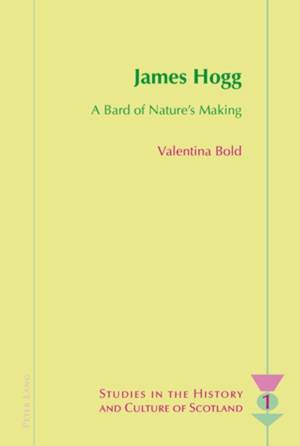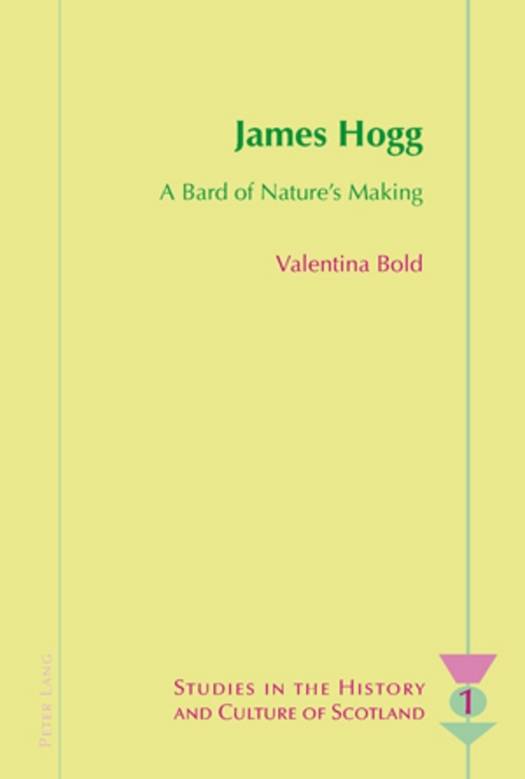
- Afhalen na 1 uur in een winkel met voorraad
- Gratis thuislevering in België vanaf € 30
- Ruim aanbod met 7 miljoen producten
- Afhalen na 1 uur in een winkel met voorraad
- Gratis thuislevering in België vanaf € 30
- Ruim aanbod met 7 miljoen producten
Zoeken
Omschrijving
This book sheds new light on James Hogg, the Scottish poet (1770-1835), going beyond the 'Ettrick Shepherd' stereotype. By focussing on Hogg's poetry (Scottish Pastorals, The Queen's Wake, Jacobite Relics, Queen Hynde, Pilgrims of the Sun) it shows that his work, and the critical response to it, was significantly shaped by the concept of the autodidact: a working-class writer who was considered to be a poet of 'Nature's Making'.
The image of the autodidact is pursued from its beginnings - Ramsay's Gentle Shepherd, Macpherson's Ossian, Burns as 'ploughman poet' - through its development in the nineteenth century, to its last gasps in the twentieth. Poets considered include Isobel Pagan, Janet Little, William Tennant, Allan Cunningham, Robert Tannahill, Janet Hamilton, Ellen Johnston, Elizabeth Hartley, Alexander Anderson, David Gray, David Wingate and James Young Geddes. Despite facing difficulties, autodidacts produced some of the most innovative and exciting poetry of the nineteenth century.
The author argues that the autodidactic tradition, exemplified by Hogg, nurtured the creative vigour manifested in twentieth-century Scottish poetry. While Scotland's autodidacts shared poetic concerns and techniques, they were characterised, above all, by diversity of poetic voice.
The image of the autodidact is pursued from its beginnings - Ramsay's Gentle Shepherd, Macpherson's Ossian, Burns as 'ploughman poet' - through its development in the nineteenth century, to its last gasps in the twentieth. Poets considered include Isobel Pagan, Janet Little, William Tennant, Allan Cunningham, Robert Tannahill, Janet Hamilton, Ellen Johnston, Elizabeth Hartley, Alexander Anderson, David Gray, David Wingate and James Young Geddes. Despite facing difficulties, autodidacts produced some of the most innovative and exciting poetry of the nineteenth century.
The author argues that the autodidactic tradition, exemplified by Hogg, nurtured the creative vigour manifested in twentieth-century Scottish poetry. While Scotland's autodidacts shared poetic concerns and techniques, they were characterised, above all, by diversity of poetic voice.
Specificaties
Betrokkenen
- Auteur(s):
- Uitgeverij:
Inhoud
- Aantal bladzijden:
- 380
- Taal:
- Engels
- Reeks:
- Reeksnummer:
- nr. 1
Eigenschappen
- Productcode (EAN):
- 9783039108978
- Verschijningsdatum:
- 9/10/2007
- Uitvoering:
- Paperback
- Formaat:
- Trade paperback (VS)
- Afmetingen:
- 148 mm x 218 mm
- Gewicht:
- 598 g

Alleen bij Standaard Boekhandel
+ 204 punten op je klantenkaart van Standaard Boekhandel
Beoordelingen
We publiceren alleen reviews die voldoen aan de voorwaarden voor reviews. Bekijk onze voorwaarden voor reviews.











